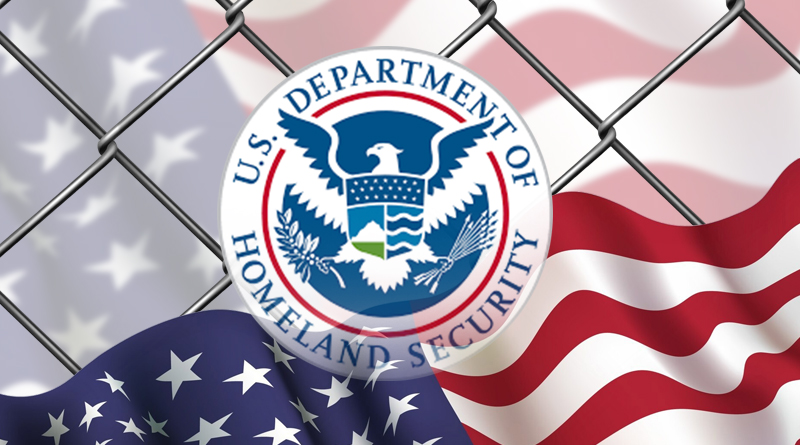A shift in migration policies under the new administration
By: Diana Bello Aristizábal
2025 will be a year of important changes regarding immigration in the country, as that was the main campaign subject of President-elect Donald Trump. After his resounding victory and now having absolute control with a Republican majority in both chambers of Congress, a radical and expeditious approach is expected.
Changes have already been seen so far this year under the outgoing administration of Joe Biden. On Jan. 10, the Department of Homeland Security announced that it would extend Temporary Protected Status (TPS) to 937,000 citizens of El Salvador, Ukraine, Sudan and Venezuela, who would have an additional 18 months of immigration protection under the program.
The move is significant as Trump takes office, because it allows citizens of those countries who currently have such status to renew their work permits and deportation protections before the president-elect restricts the program and fulfills his promise of mass deportations.
The promised deportations would be done in an expedited manner. “These processes usually take many years, but Trump in his second term will have a directive to speed them up,” explains immigration attorney, Luis Victoria.
According to the professional, that same strategy would be applied to process people who are in detention centers or who are going to cross irregularly through Mexico’s border, which by the way is very likely to be closed and militarized.
“President Joe Biden let millions of people enter without documents and of those millions, many of them were criminals who committed highly striking crimes and that is one of the things that Trump used in his favor by telling the constituency ‘Do you want this to continue? Do you want them to continue killing people and stealing your belongings?’” says the attorney about the grounding argument behind the new immigration position.
The deportation goal is ambitious: 11 million people in the next 4 years, which many say will be impossible to achieve. “There are approximately 5 and a half million processes gathered at immigration courts for approximately 650 judges; each judge would have around 5,000 cases under their belt, meaning it would be literally impossible to do it so quickly,” the lawyer said.
Meanwhile, hopes are pinned on the so-called “border czar” of President-elect Tom Homan, who has extensive evidence on how to conduct mass deportations.
As for the order of priority for deportations, it would be as follows: individuals who have already received a deportation order, those deported in absentia, those who committed felonies, people who entered the country without documents, and finally, individuals who, despite having entered legally, misused their nonimmigrant status by staying longer than allowed.
As good news, the border czar stated that in cases of families with mixed immigration status, if one member receives a deportation order, the others must also follow along to avoid the separations that occurred in the past.
Asylum, adjustment of status and state policy
Other immigration changes will be related to asylum processes. “Trump would be implementing an executive order that leads to a state of exception justified by uncontrolled irregular immigration. Through this policy, he would be taking exceptional measures that would affect those who request asylum,” says Victoria.
The most relevant one is that asylum seekers would have to first make a request to a third country other than the United States. For example, a Venezuelan who lives in Colombia and suffers persecution in that country should ask for asylum in Panama, Costa Rica, Mexico or any other nation before doing so here.
On the other hand, the standards to prove that a person needs asylum will be tightened. This means that in many instances it will not be enough for the applicant to recount the persecution or the harm to which they have been subjected to, but they will need to provide additional evidence. Those who are already in the process of applying for asylum could be affected in that their cases would be evaluated more strictly and under new parameters.
Regarding adjustment of status processes, the biggest change is that applicants would undergo an interview, something that Joe Biden had eliminated in some cases in order to expedite pending cases.
And how will Florida be affected? According to statements made by Governor Ron DeSantis, his administration is preparing to get in line with the upcoming federal policies. In fact, he has already called for a special legislative session on Jan.27 to address this issue, and there are intentions to allocate state funds to support the deportation of undocumented immigrants.
Given the projected changes, the best advice is that if you are in the middle of an immigration process, always have at hand a photocopy of your ID document, supporting documentation of the ongoing procedures, and your passport. In addition, seek legal representation from a lawyer and not from a document preparer to assert your rights and avoid falling prey to scams.

